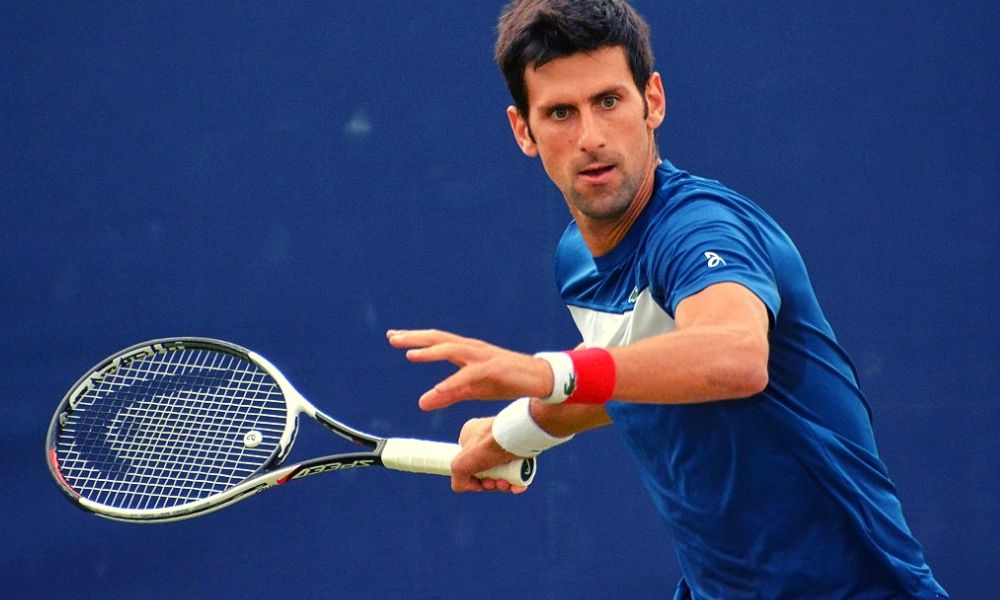Munmun Kaur
Published On: January 10, 2022 at 11:40 IST
An Australian Court has begun hearing an appeal of the world’s number one men’s tennis player Novak Djokovic over whether he meets the criteria for the COVID-19 exemption rules to allow him entry to the country. This comes when there are less than two weeks left before the start of the Australian Open tennis tournament.
The virtual hearing which was supposed to begin at 10:00 AM finally got underway at 10:30 after all the technical lapses and repeated dropouts.
Novak Djokovic, who has earlier said that he is opposed to vaccination, was detained at the airport when he arrived on January 05, after his visa was cancelled.
Authorities claimed that he did not have any sufficient evidence to qualify for exemption which he claims he had been given. On the other hand, the star player says that he tested positive in December, making him eligible for the waiver.
Djokovic’s lawyers argued that the star player had ticked the box on the official government form saying that he could not be vaccinated for medical reasons and had even uploaded supporting documents provided by the Chief Medical Officer and Tennis Australia.
Judge Anthony Kelly, who was hearing the appeal, sympathizing with the 34-year old tennis player, said that what more could the star player have done in the situation. He later ordered the immigration authorities to allow Djokovic to leave the Park Hotel (where he was being held), in order to view the hearing.
The authorities have even questioned the fact of Djokovic being positive in December, saying that “There is no suggestion that the applicant had “acute major medical illness” in December 2021. All he has said is that he tested positive for COVID-19. This is not the same”.
Australia, which is battling a new wave of Corona virus, hasn’t opened its borders fully and any non-resident foreigners are supposed to be fully vaccinated – with limited exemptions.

